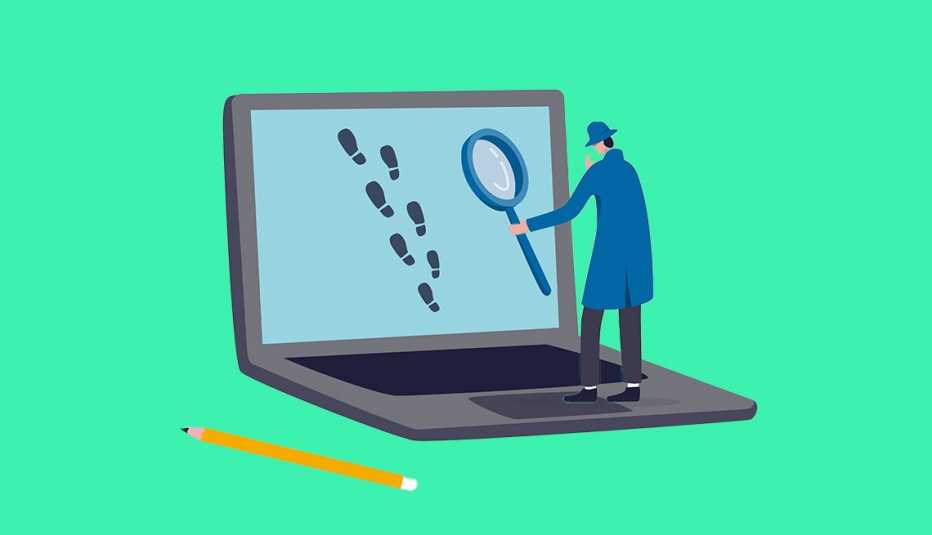Staying Fit


In 2021, a group of California volunteers, mostly retirees, uncovered a fraud ring that enrolled Medicare beneficiaries in hospice without their knowledge, even though they weren’t terminally ill.
The scammers were collecting tens of thousands of dollars in fake hospice claims — all while Medicare was denying beneficiaries’ legitimate claims. Two years earlier, retired volunteers helped bring down one of the largest health care fraud schemes on record, discovering that a group of 35 doctors, medical professionals and others fraudulently billed Medicare $2.1 billion for fake genetic tests.


AARP Membership— $12 for your first year when you sign up for Automatic Renewal
Get instant access to members-only products and hundreds of discounts, a free second membership, and a subscription to AARP the Magazine.
The case-cracking volunteers are members of the Senior Medicare Patrol (SMP), a federally financed organization in every state and U.S. territory. SMPs devote their time to help Medicare beneficiaries, their families and caregivers prevent, detect and report Medicare fraud. Nationwide, 5,300 volunteers work with SMP, including retired accountants, human resources professionals, nurses, social workers, teachers, and others passionate about fighting fraud and solving mysteries.
Approximately $60 billion annually goes into the wrong hands
Since 1997, the Senior Medicare Patrol has helped Medicare recover more than $141 million in fraudulent bills for the program. In 2021 alone, the patrol helped recover $2.5 million in fraudulent charges.
Senior Medicare Patrol
In this series:
Recently, Senior Medicare Patrol volunteers helped uncover scams related to COVID-19 tests, which resurfaced after the public health emergency ended in May. Other recent scams focused on diabetes supplies, durable medical equipment, Medicare cards and telemedicine visits in addition to the hospice fraud and genetic test cases.
That’s just the beginning. Medicare loses about $60 billion each year to fraud, errors and abuse. That hijacked money could pay the 2021 median Medicare hospital bill of $24,299.69 for nearly 2.5 million beneficiaries.
Scammers can easily inflate bills, double bill or add charges that might look legitimate but were for services that beneficiaries never received. Often you have no idea about fake claims made in your name.
The reason? Medicare beneficiaries typically don’t receive a bill if Medicare and a supplemental policy cover the full cost. You may eventually realize something is wrong if strange charges appear on your Medicare summary notice, which is the formal name for Medicare’s explanation of benefits, or if you’re notified that legitimate charges were denied coverage because Medicare had already paid for the fraudulent service.




































































More on Medicare
14 Top Scams to Watch Out for in 2023
Criminals are quick to exploit current events and add new twists to well-known ruses
Ads on Medicare Advantage About to Flood TV Market
Celebrity pitches often confuse older consumersDoes Medicare Cover All the Costs for My Health Care?
No. You will have various out-of-pocket expenses